Here are the medical supplies needed in B.C. and how you can donate
Eye protection, gloves, disposable respirators, gowns and surgical masks are all needed

One of the most critical questions around COVID-19 has been whether there will be enough medical supplies and personal protective equipment for health-care workers.
If you have medical resources you want to donate here's what you need to know:
On Wednesday a one-stop online resource became available for British Columbiabusinesses with medical supplies who are open to donating.
The website,called the COVID-19 Supply Hub, has been set upto triagesupply offers from business and other organizations.
The City of Vancouver has alsoset up Give aHand Vancouver, a digital portal to collect large-quantity donations of medical supplies, cleaning products or food from businesses and organizations in the city. The website includes information about how individual residents can make smaller-scale donations.
Give a Hand Vancouver is also in need of take-out containers, disposable cutlery and food packagingthat can be used to provide free or low-cost meals in a hygienic and safe way to people without access to food. There is also a demand for bottled water that can be given to people self-isolating.
Vancouver residents who want to make a financial donation are encouraged by the city to donate to theVancouver Foundation'sCommunity Response Fund.
Here's a list ofwhat is needed and how you can check whether the equipment you have is up to standard. Onlyunopened and unused items will be accepted.
1. Disposable respirators
The following type of respirator will be accepted:
- P95, P99, and P100 masks.
- R95, R99, and R100 masks.
- N95, N99, and N100 masks.
Approved masks will have the following texts printed on them:
- The type of certification for example, "NIOSH."
- The type of approval.
- The manufacturer's name and model number.
Tap here for more information on how to identify a proper N95 mask.
2. Elastomeric half or full-face piece respirators
An approved elastomeric respirator will also have the following text printed on the mask:
- The type of certification for example, "NIOSH."
- The manufacturer name for example, "3M" or "North."
- The model number.
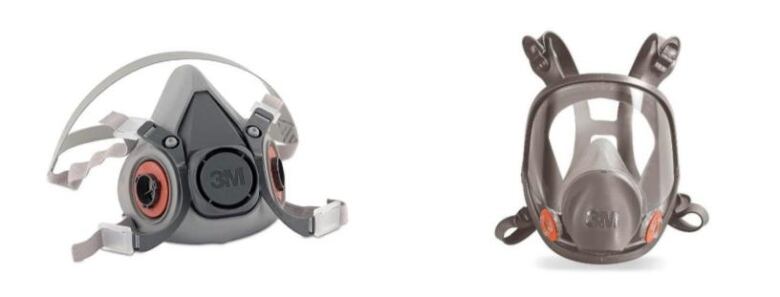
3. Powered air-purifying respirator
According to SafeCare BC, these are "battery-powered blowers that providepositive airflow through a filter, cartridge, or canister to a hood or face piece."
Accessories likethe charger, battery, filtersand blower tube are also needed.
An approved respirator will have the following text printed on the blower unit:
- The type of certification for example, "NIOSH."
- The manufacturer name for example, "3M" or "North."
- The model number.
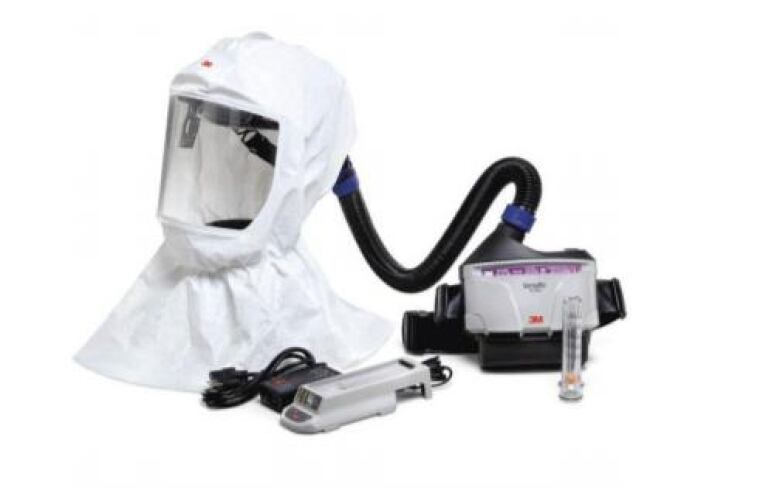
4. Surgical masks or procedural masks
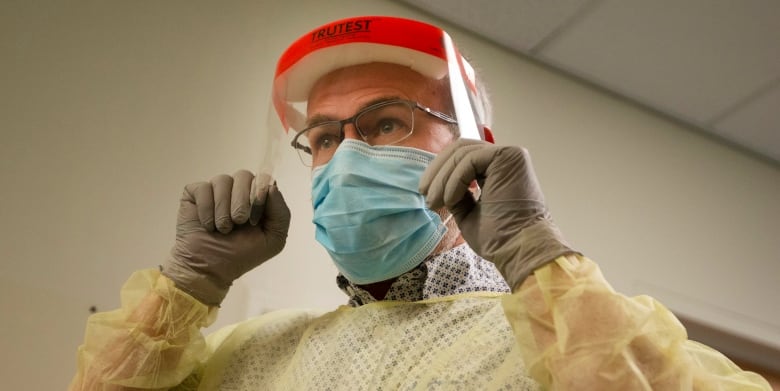
5. Eye protection, including glasses, goggles, and face shields
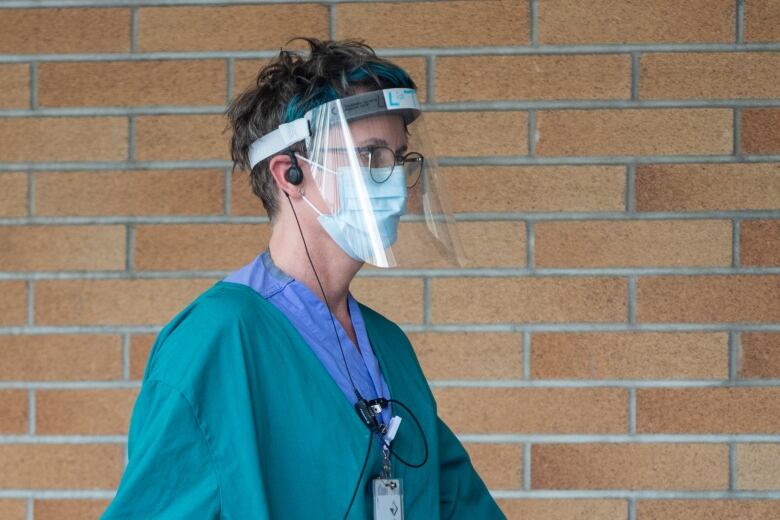
6. Protective gowns
Gowns should be fluid-resistant and long-sleeved to cover the wrists.
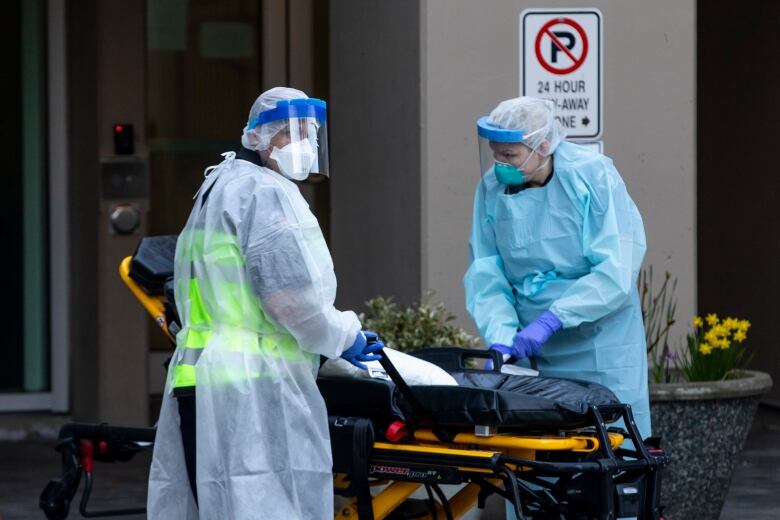
7. Examination gloves
Appropriate examination gloves will be labelled with specific words, for example:
- Health care, examination, patient examination, sterile, medical-grade.
- Nitrile vinyl, latex or nitrile gloves will all provide adequate protection.













_(720p).jpg)


 OFFICIAL HD MUSIC VIDEO.jpg)
.jpg)



























































































